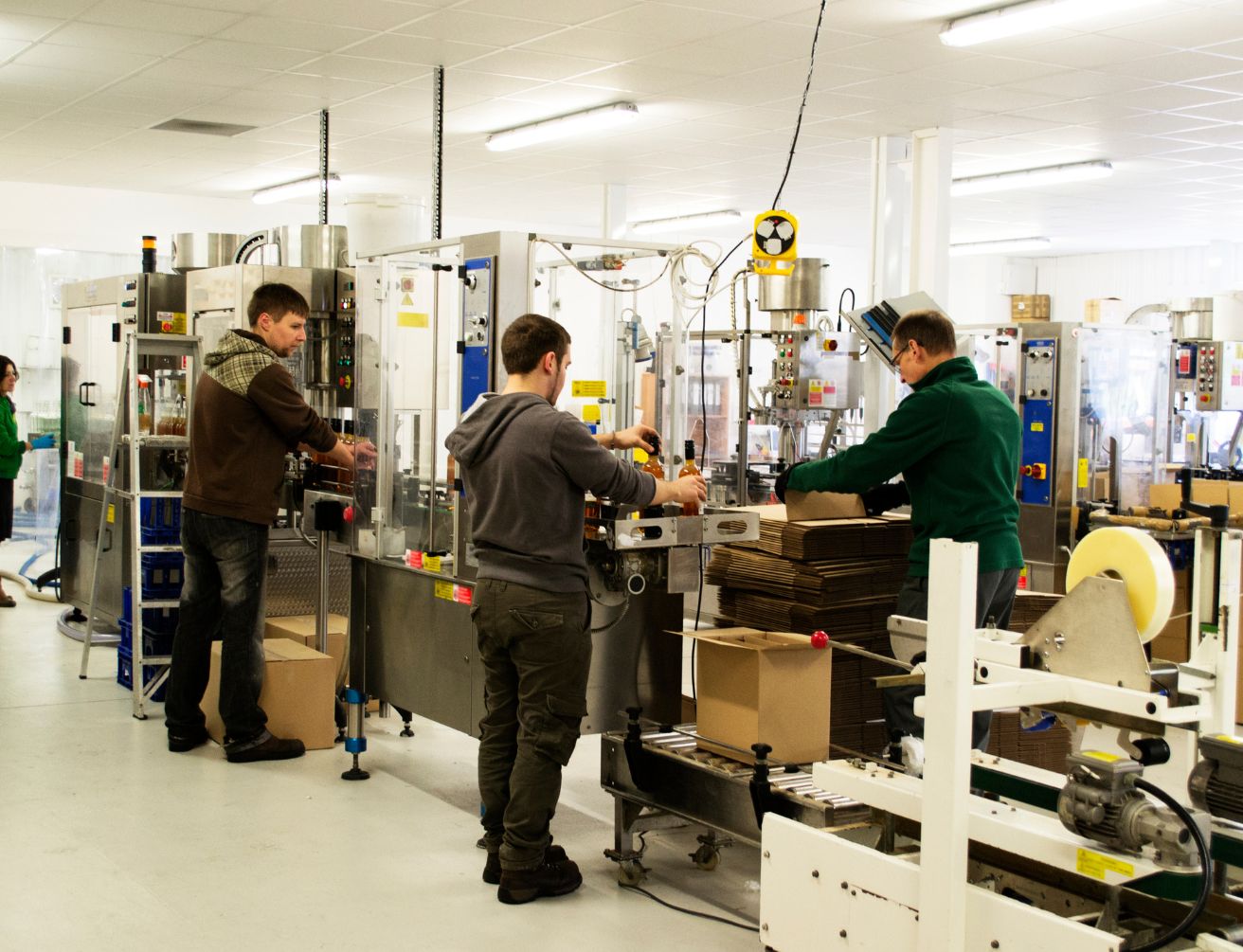False assumptions about hiring are driving unrealistic expectations around pricing

October 5, 2020
False assumptions about hiring being easier now are driving incredibly unrealistic expectations around pricing that suppliers must push back on.
Businesses are saying, “oh it’s COVID, we should be able to pay 10 grand less”, says Blackbook Executive director Clinton Holmes.
And they’re asking recruiters if they have a “COVID recruitment rate”, he tells Shortlist, with the rationale that “it’s easy for you guys at the moment, you should cut us a deal”.
The risk is that some recruitment agencies will offer “ridiculous rates that we’ll never come back from”, says Holmes.
“We’re being told from certain clients that other businesses are offering 5% or 10% [fees] on permanent. We walk away from that… because we know that in 12 months’ time, we’re going to be held to that.”
The current crisis is the ideal time for the industry to lift its approach above the transactional, he says, especially by working exclusively with clients.
“I don’t know any other service where you compete with three other businesses and whoever does the best job gets paid”, Holmes says. “The challenge for businesses and consultants is holding their nerve for the greater good of the industry.”
High unemployment doesn’t mean more candidates
Many employers wrongly assume it’s easier to recruit because of the high unemployment rate, says Holmes.
Along with asking for cheaper rates, some say, “there should be heaps of people on the market, so we should be able to do it ourselves”; or “your job should be easy”, he says.
“I experienced the GFC and this [attitude] was very similar, but it’s probably more extreme this time.”
But job security “is the number-one priority for most people”, Holmes says, and outside of the most affected sectors, such as hospitality, retail, and tourism and travel, the candidate market is notably tighter.
“A lot of the people we’re looking for are currently in jobs, and even for those that don’t like their job, they’re going to hold onto it until next year – because of job security.”
The actual deal sweetener for convincing talent to move right now is having a clear value proposition; one that includes not only job security but also career development, he adds.
Candidate engagement matters
The dichotomy of ‘passive’ and ‘active’ candidates is dead, as talent had long grown weary of social networking approaches and are now even less likely to respond to recruiters they don’t know, says Holmes.
The amount of ‘noise’ on platforms like LinkedIn is growing, and candidates are constantly receiving messages from unknown recruiters, who are sending those messages on a sporadic, impersonal way.
Instead, deep specialisation is essential for recruiters to establish a genuine relationship with candidates, he says, and build an “engaged network” of talent.
He defines “engaged” talent as people who “will answer your phone call, who will listen to you”.
Blackbook Executive’s LinkedIn data shows seven out of 10 messages it sends to candidates receive a response, compared to the industry average of one in 10, he says.
He attributes that strike rate to the company’s long-held focus on initiating conversations regularly outside of the platform instead of relying on social media messages alone.
Article credit – https://www.shortlist.net.au/

























